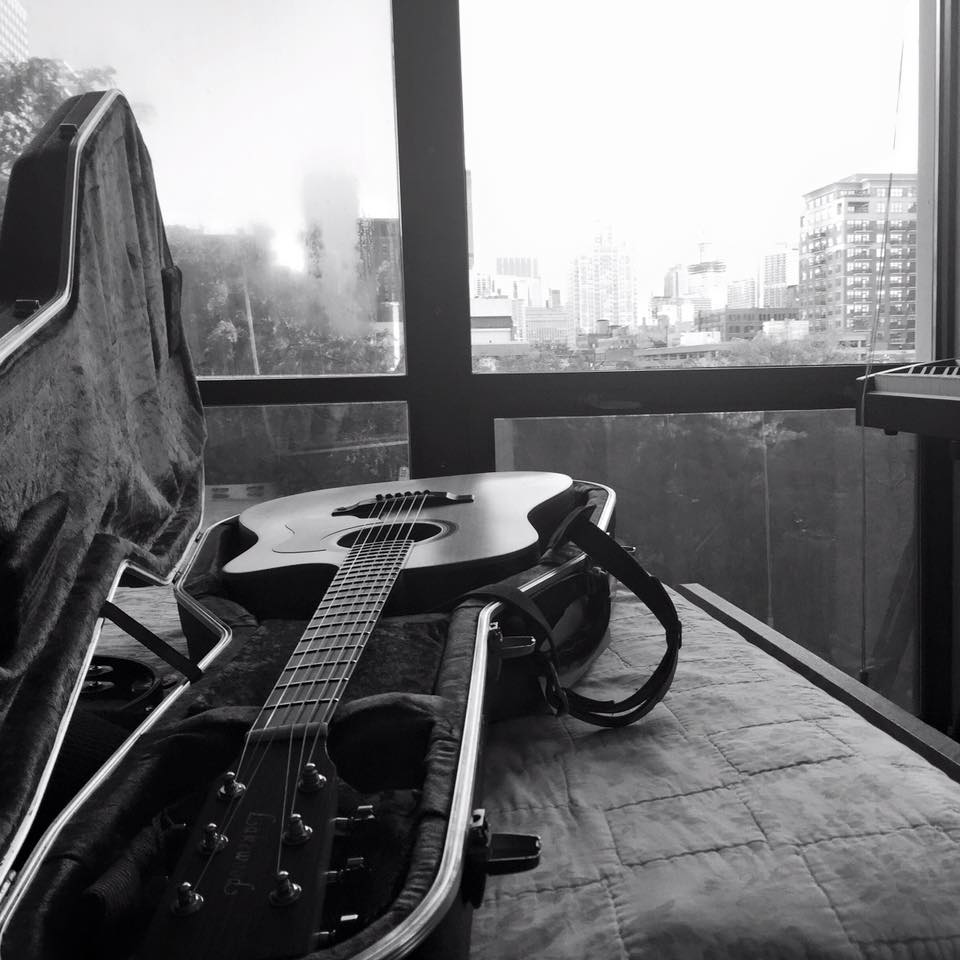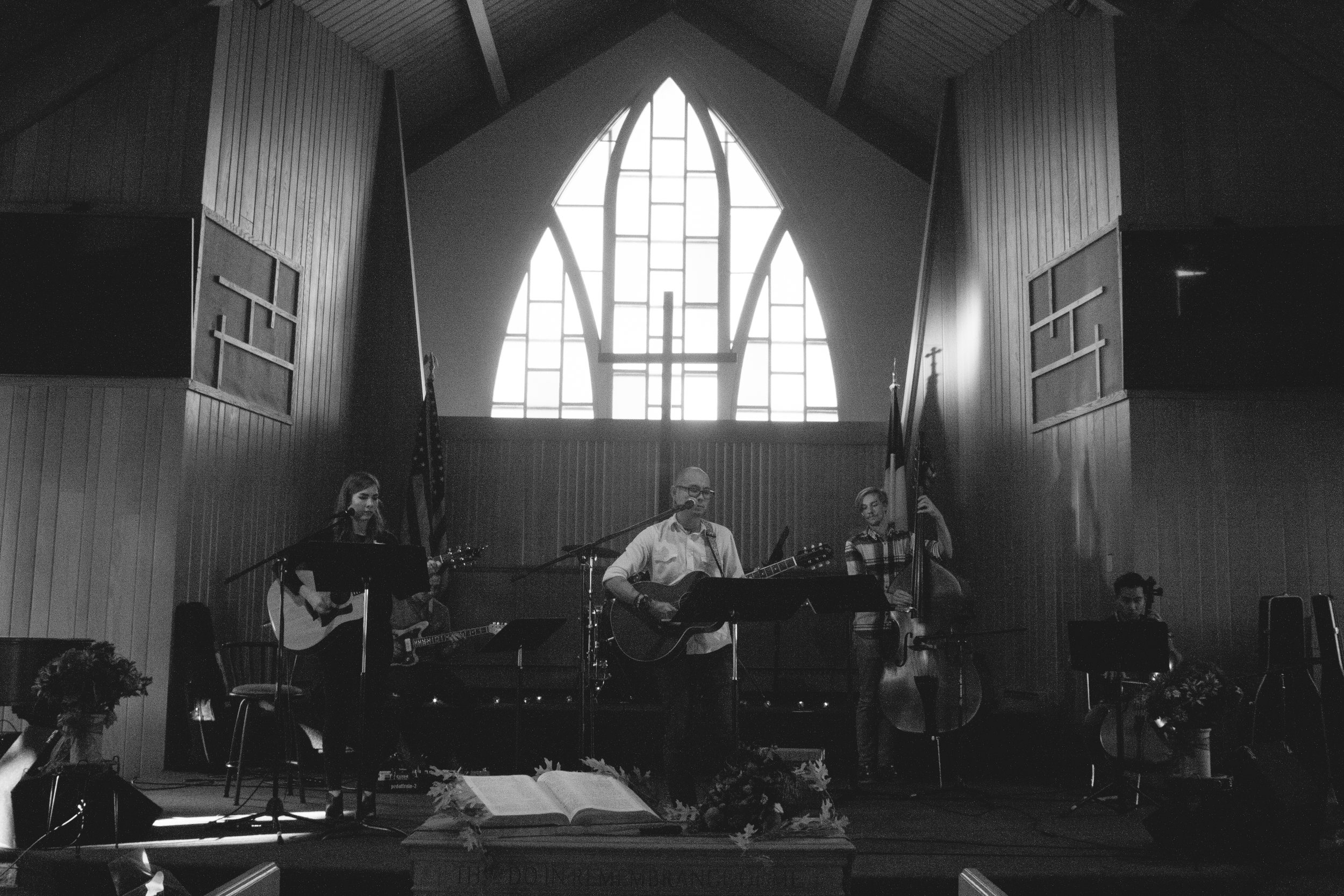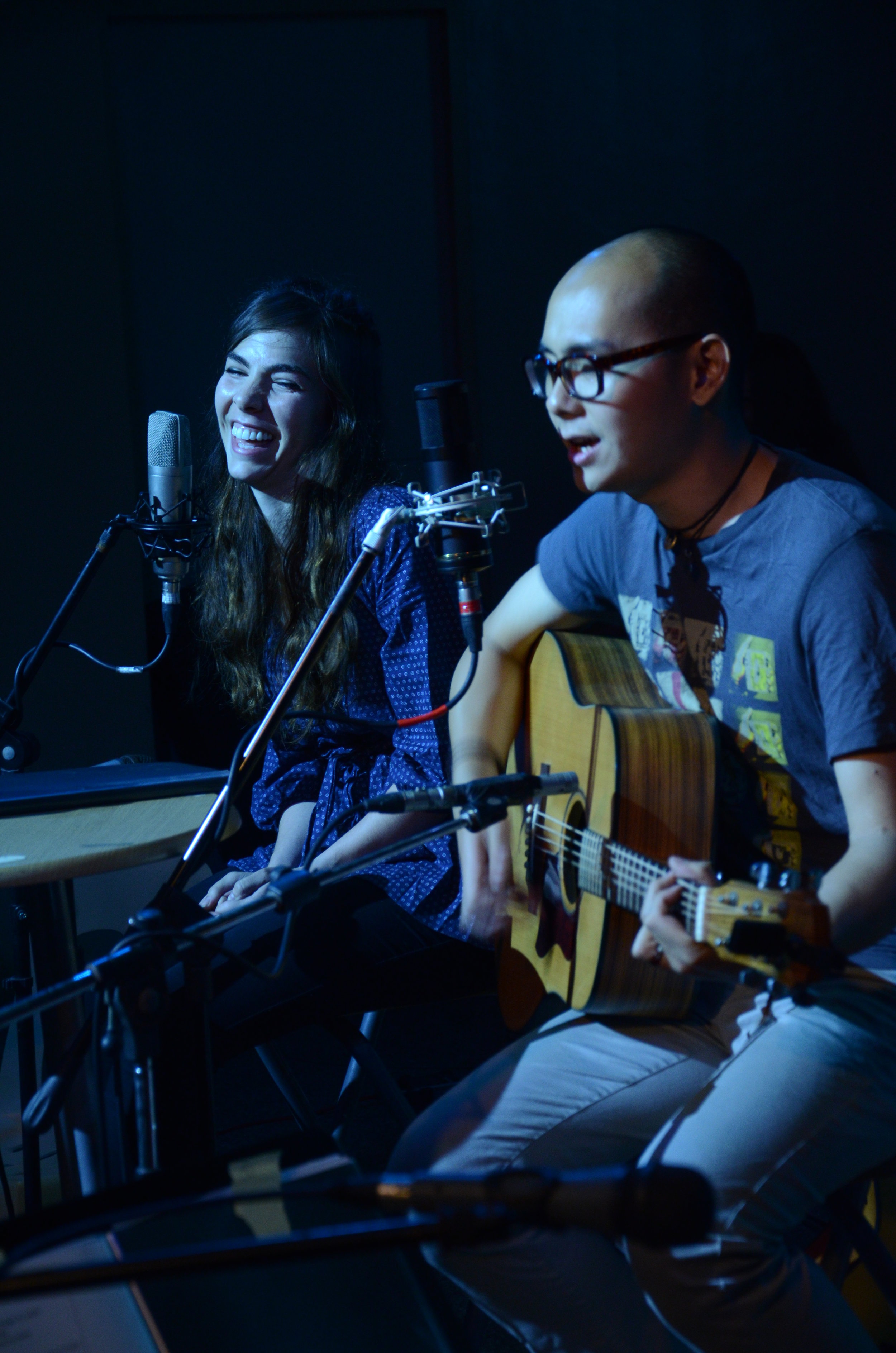 A word to the aspiring songwriter. I don’t claim to be a master, but in my decade and a half of fervent songwriting, I’ve learnt a few things. This quick blurb is not a tutorial on how to write a song (I don’t think anyone can learn how to do so from reading a blog) but I do hope you will walk away with something – a new perspective, some extra drive to write, or simply a little encouragement.
A word to the aspiring songwriter. I don’t claim to be a master, but in my decade and a half of fervent songwriting, I’ve learnt a few things. This quick blurb is not a tutorial on how to write a song (I don’t think anyone can learn how to do so from reading a blog) but I do hope you will walk away with something – a new perspective, some extra drive to write, or simply a little encouragement.
Firstly, songwriting is not one of those skills where you either have it or you don’t. Sure natural born talent helps. But as a guy who sucked at literature in secondary school, I think I can give testimony to the fact that hard work can get you somewhere. I started writing when I was 15 (I’m now 28… Do the math) and I churned out songs like a burst water pipe back in the day. I’m talking up to 4 songs a day. I wasn’t trying to show them to anyone, or even create anything I thought was radio worthy. I was just experimenting and expressing myself.
I didn’t realize it at the time, but I was honing a skill – songwriting. As I got better, I realized that while I wasn’t famous or rolling in the green, people were moved (sometimes to tears) by my music, I figured there was something to my writing. Only then did I start to write more intentionally. I slowed down my pace and expressed myself with more precision. But even then, I was pretty quick. Some songs would take a little longer because I’d revisit them a few days later. But for most songs, I’d finish them in one sitting, sometimes as quick as half an hour. I’m not deliberately rushing the process. I just knew how to put an idea into a song proficiently.
So if I had to give a new songwriter practical advice, I’d say, finish your songs. Don’t wait for them to be perfect. Don’t wait for inspiration to hit. Just write, sing, perform, receive criticism, feel bad, write again. Sounds like grueling work doesn’t it? Well, it is! Which leads me to my next and final point – where does your motivation come from?
If it comes externally, from a cheering crowd, or your loving grandma who buys your album from Bandcamp, then your motivation is short lived. At best, it’s hinged on the response you get from your thousands of adoring fans. But even then, there’s a huge draw back. You see, we are wired to create to please. If you are pleased by the adoration you get from your fans, you’ll write for your fans.
This is toxic to the songwriter. Songs written for fans (even fans as sacred as Christian congregations) are impersonal and false. They’re impersonal because you’re not communicating with a specific person, you’re communicating with a statistic. It’s false because what pleases your fans isn’t what’s truly on your heart, and if it is, it’s really just a coincidence. You should always write to an audience of one – yourself. If you’re writing a love song, write it as you would a letter that you don’t intend to send. When you do this, you’re free from any expectation, and when you’re free, you’ll realize how much pain, emotion, and sincerity can fall onto your paper. This goes for songs written as prayers to God. Sure He knows what’s on your heart, but you can always trick yourself into writing this way.
I see this as true worship because when you offer your songs to God (regardless if your songs are praise or lament), you’ll be offering all of you, not just the parts you want Him to see. This can be applied to your fans. Your fans, or the recipient of the love song, want to see what’s really on your heart. For that’s where the true beauty of songwriting, or any form of art, really lies. It doesn’t lie in polished recordings or insane vocal riffs. It lies in the space between your pen and your paper; when it’s just you, your instrument, and an empty room.



 There was once a man who told me to hold my faith with an open hand. Isn’t that the point of faith? Believing that it will stay, not because of the strength of your own grip, but the strength of the One you placed your faith in. I have grown to believe, that should anything arise to question my faith; I would face it unafraid. This means that I will allow myself to relinquish my hold on to what I know to be true, and trust that the beauty of God will draw me back time and time again. There will be many who will feel uncomfortable about this, and I don’t blame them. Deconstructing yourself is a terrifying process, even if it isn’t done in its entirety. It even feels unfaithful at times. But what is more unfaithful – to understand so completely that faith is a gift, that you can trust the One who gave it to you to keep you from falling off the cliff even if you leaned forward, or to second guess this gift to the point where you find yourself in the fetal position as far away from the edge as you can get?
There was once a man who told me to hold my faith with an open hand. Isn’t that the point of faith? Believing that it will stay, not because of the strength of your own grip, but the strength of the One you placed your faith in. I have grown to believe, that should anything arise to question my faith; I would face it unafraid. This means that I will allow myself to relinquish my hold on to what I know to be true, and trust that the beauty of God will draw me back time and time again. There will be many who will feel uncomfortable about this, and I don’t blame them. Deconstructing yourself is a terrifying process, even if it isn’t done in its entirety. It even feels unfaithful at times. But what is more unfaithful – to understand so completely that faith is a gift, that you can trust the One who gave it to you to keep you from falling off the cliff even if you leaned forward, or to second guess this gift to the point where you find yourself in the fetal position as far away from the edge as you can get? As I began to set up my guitar at a café, the sound guy and I started a conversation. We talked about music genres, what audio gear we were into at that point, then it began to get personal. I slipped into my conversation that I was married and had a son. This shocked him. He told me I was brave for pursuing music even though I had settled down. Unfortunately, I’ve heard this before – many times.
There is a strange notion among artists that once you are married, your life of freedom is over. Perhaps this notion stretches far beyond the artistic circle and into the general public. While I don’t subscribe to this mindset, I do understand the heart behind it. We can try to brainwash ourselves with as many underdog stories that tell you to follow your dreams, but when real life happens: bills, mortgages, taxes, wants and needs, our idealism crumbles and you do what you need to do to survive. And survive you must. Work the job you work and do it with excellence.
As I began to set up my guitar at a café, the sound guy and I started a conversation. We talked about music genres, what audio gear we were into at that point, then it began to get personal. I slipped into my conversation that I was married and had a son. This shocked him. He told me I was brave for pursuing music even though I had settled down. Unfortunately, I’ve heard this before – many times.
There is a strange notion among artists that once you are married, your life of freedom is over. Perhaps this notion stretches far beyond the artistic circle and into the general public. While I don’t subscribe to this mindset, I do understand the heart behind it. We can try to brainwash ourselves with as many underdog stories that tell you to follow your dreams, but when real life happens: bills, mortgages, taxes, wants and needs, our idealism crumbles and you do what you need to do to survive. And survive you must. Work the job you work and do it with excellence. A word to the aspiring songwriter. I don’t claim to be a master, but in my decade and a half of fervent songwriting, I’ve learnt a few things. This quick blurb is not a tutorial on how to write a song (I don’t think anyone can learn how to do so from reading a blog) but I do hope you will walk away with something – a new perspective, some extra drive to write, or simply a little encouragement.
A word to the aspiring songwriter. I don’t claim to be a master, but in my decade and a half of fervent songwriting, I’ve learnt a few things. This quick blurb is not a tutorial on how to write a song (I don’t think anyone can learn how to do so from reading a blog) but I do hope you will walk away with something – a new perspective, some extra drive to write, or simply a little encouragement.






